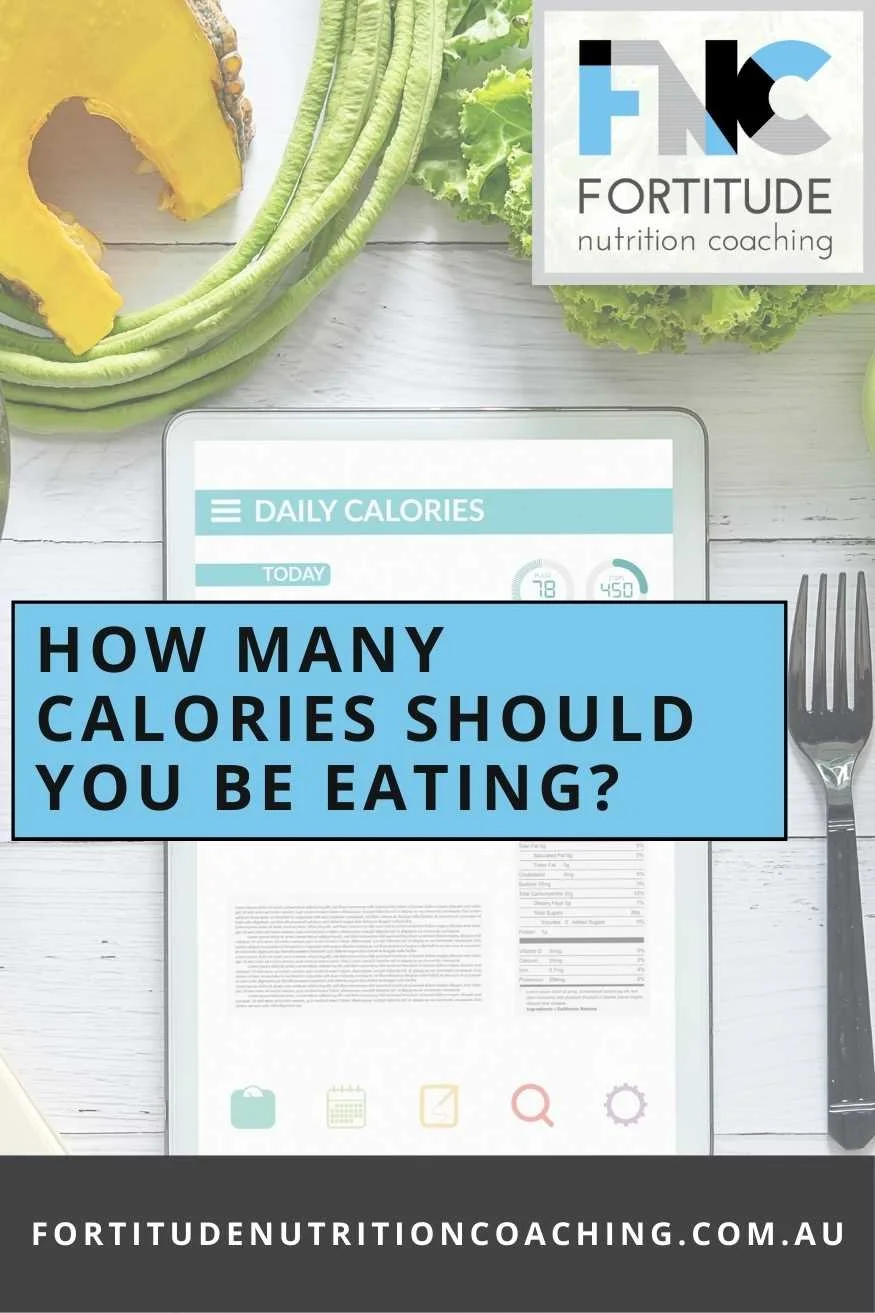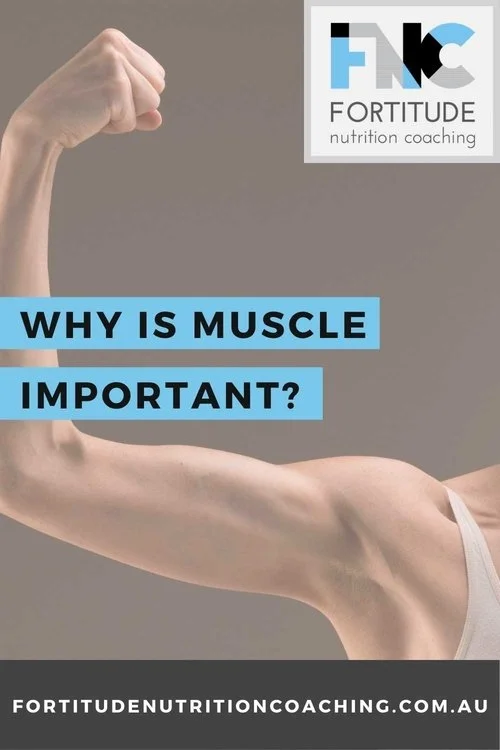Are you afraid you’ll rebound after an aggressive diet? What does science really say?
Based on my observations, it seems like the general idea among society is that aggressive, or drastic diets with fast weight loss often result in a sharp rebound and the weight being put straight back on. Some people claim this is due to ‘wrecking your metabolism’, from aggressive, ‘crash’ dieting, which like most false ‘ideas’ in nutrition has elements of truth, but is interpreted poorly. [1]
Recently, the trends seem to be shifting thanks to nutrition professionals that advocate more aggressive diets and claim there is no greater risk of rebound as a result.
An analogy used is, ‘how quickly the rubber band rebounds is not impacted by how fast you pull it, but rather how far you stretch it’. In other words, how aggressively and quickly you lose fat is a non-factor to weight rebound risk. Rather, the amount of total weight lost, from starting weight.
Indeed, these new trends are evidence based, with recent studies concluding favourable weight loss results for aggressive diets, with no greater increase of weight rebound risk [5-7]. One very recent paper in particular has been used all over social media to support the use of aggressive diets [6]. However, looking more closely at the studies collectively, cracks appear as to whether this is indeed the case.
What is an aggressive diet?
An aggressive diet may be defined by many factors such as diversity of food selection, or whether ‘food rules’ are imposed. One clear-cut component of ‘diet aggressiveness’ is ‘Calorie deficit size’, and how quickly weight is lost. Luckily, there are studies comparing weight loss and rebound after either conservative or big(ger) Calorie deficit diets.
As part of a recent masters research project, I sought to analyse existing evidence on this topic and identified 7 relevant studies for critical evaluation.
Looking at the overall conclusions drawn in the studies, the results certainly favour aggressive diets. However, looking closer at the study designs collectively, I realised the conclusions actually lacked applicability to your everyday individual seeking to lose some weight. There were a few ‘issues’ that may throw some shade at rising trends.
1. The deficits were too large for the general population.
Often subjects completing the aggressive diets consumed as little as 400 Calories a day, from meal replacement shakes only. The size of the Calorie deficit, and restricted nature of the meals subjects consumed lacks applicability to a real world fat loss approach for most people. These studies don’t compare ~20-40% Calorie deficits. Rather, we’re probably looking at whopping Calorie deficits of 60%, below weight maintenance needs, at the very least.
This type of approach is really reserved for dietitians working with clinically ill patients who need to achieve rapid weight loss due to an immediate health threat or in preparation for a certain type of treatment/surgery. In these situations, the ‘side-effects’ are often far reduced than the risk of not losing weight.
2. The time frames to assess rebound were too short.
Unsurprisingly, by the end of the diets, the subjects with the larger Calorie deficit had lost the most amount of weight. However, in some occasions, in the time between the completion of the weight loss diet and the follow-up, greater regain trends occurred after the aggressive diet. Unfortunately, the follow-up periods in many of the studies were short, and may therefore not provide an accurate idea of what might happen over the long term.
Weight regain takes time to manifest, so it makes sense that for a brief period of time immediately following a diet, the diet approach that achieved the greatest initial weight loss, was still ‘better off’. However, when longer term follow-ups were present, the amount of weight lost had flipped around and was now in favour of the conservaive diets [3].
Therefore, it’s plausible that for the studies which included a short term follow up of 12 months or less, including a later follow-up may have completely changed the final conclusions.
3. Adhering to the conservative diets may have been way more difficult.
It might be argued that the conservative diet interventions used in many of the included studies may have been much harder to adhere to. It seems the conservative diets saw far more subjects not complete the study. [5,6].
Why might this be the case?
A conservative approach is less exciting and subjects may have been ‘not as keen’ to give it a solid crack, and therefore left the study before it’s completion. Whereas, for the aggressive approaches, subjects may have experienced greater ‘buy-in’ and subsequent commitment.
Secondly, often subjects completing the aggressive diet were given all their meals, whilst the conservative groups had to self-prepare meals. Large differences in time, and practical burden between groups may have been present. Therefore, the opportunities for poor adherence, mis-reporting, and errors may have been greater for subjects completing the consernative diet. One study giving all subjects the same diet and guidance with the only difference being Calorie target showed sharper regain trends after the lower Calorie diet [2].
4. It’s possible a Calorie deficit wasn’t even present in the conservative diet groups.
Some of the studies compared a Calorie controlled weight loss diet, to ‘no intervention’ or an intervention that consisted of ‘general advice or guidance’ [4]. Because of this, we can’t even be sure Calorie restriction was even present in the conservative groups, meaning conservative and aggressive weight loss diets weren't actually compared.
Further, other studies included extended care programs which included a continued, but more conervative Calorie restricted diet after the initial weight loss phase [6]. This scenario does not reflect true ‘free living’ post weight loss conditions as guidance and/or Calorie restricted diets were still present.
5. The results of the study might not be relevant to athletes, athletically minded or individuals with a ‘normal BMI’.
All of the studies used obese subjects. Therefore the risk of muscle loss is basically nil, or unimportant and the sport/exercise performance benefits of weight loss alone are significant.
For leaner, and/or athletically minded individuals, muscle loss is more of a concern, even if they’re merely psychological, regardless of whether risk can be reduced with adequate protein and regular loaded/resistance exercise. One study measured more than just weight loss, but sought to measure fat and muscle mass changes too. Interestingly they found significant greater muscle loss with the aggressive diet [7].
Limited energy/fuel availability associated with bigger Calorie deficits may impair exercise capacity, and recovery [9]. Again, even if these concerns are psychological, they’re still concerns because psychology is such a large part of performance.
For some highly active and lean athletes, a sizable Calorie deficit may pose some severe risks to health, and drastically impact performance under the umbrella of LEA (low-energy availability). Due to body fatness and amounts of exercise, even a small reduction of Calories from maintenance requirements can be risky. This is not really the case for obese populations with far lower levels of pycial activity.
Conclusion.
“Initial periods of severe energy restriction, eliciting rapid weight loss yielded greater weight loss outcomes over short-term time scales. However, insufficient and conflicting data is present to suggest this is also the case in the longer-term. As longer-term weight loss outcomes carry enhanced real-world meaningfulness, evidence and logic to support the use of assertive initial weight loss interventions is lacking. Further, insufficient evidence to ascertain whether these conclusions apply to lean and/or athletic populations exists”.
Does this mean you shouldn’t diet aggressively with a larger Calorie deficit to lose fat fast?
No, it just means there are some things to consider when contemplating your approach to fat loss.
Can you diet aggressively without risking weight rebound?
Personally, I don’t think the risk of post diet rebound is a matter of Calorie deficit size and rate of weight loss.
I do think more aggressive diets can lead to heightened hunger/cravings/food focus, and an ‘on, off / all or nothing’ mentality towards nutrition, which may pose psychological drawbacks, and increase the risk of a disordered eating.
Support, habit formation, diet autonomy and a post diet transition phase are going to be important factors that should be implemented during any diet, but especially an aggressive one.
1. Is there post fat loss phase support? Do you have support, accountability and objective guidance present as you transition away from the diet? Does ‘the dieter’ accept this support from a nutrition professional, and acknowledge its importance?
2. Is a post fat loss ‘maintenance eating’ transition phase in place? This involves a loosely structured process gently moving away from weight loss behaviours and approaches.
3. Is there a focus on forming healthful Calorie conscious habits that will be continued for life? Adopting the ‘diets finished’ mindset, and going back to your old ways will see you simply revert back to your old weight. Your long term behaviours, align with your long term physique.
4. Was a basic understanding of healthful nutrition and diet autonomy built during the dieting phase? A “follow this blindly, and learn nothing” approach, may leave someone void of the skills needed to achieve health-seeking nutrition habits sustainably. Learning how to navigate nutrition around your daily life and building a ‘nutrition toolbox’ are two important parts of being equipped to maintain weight loss results.
Who should NOT diet aggressively?
I personally don’t think there is really a need for most people to diet aggressively. I believe any potential psychological drawbacks of fast weight loss are worth avoiding at all costs.
If you’re lean, trying to get leaner, or if physical performance is high on your priority list, and there is no real immediate need to lose fat fast, it’s probably not worth exposing yourself to any level of muscle, or performance loss risk, when you don’t need to.
Furthermore, a more conservative and slower approach to fat loss, might better position you to build long term habits, enhancing chances of long term fat loss maintenance. If the approach to the fat loss diet is very assertive, it’s unlikely any of the behaviours and practices will be applicable to ‘normal non-dieting circumstances’. Doing something for longer, may force you to fit new behaviours into your existing lifestyle and preferences, and opposed to completely changing it for a brief period of time.
Who should diet aggressively?
An aggressive approach, might be suited to any of the following.
1. An aggressive ‘get in, get out’ approach is appealing to your personality type.
2. You only have a very small amount of weight you want to lose.
3. You’d rather lose a larger amount of weight via several short chunks of aggressive fat loss separated by maintenance phase.
4. You’re of a higher BMI, and muscle and performance is low on your priority list.
Final thought
The question needs to be asked; “what's wrong with going a little slower”? If the appeal of aggressive diets is built upon impatience, or maybe an underlying ‘all or nothing’ mindset,then maybe take a step back and consider a conservative, drawn-out approach that can help you build long term habits.
1 on 1 Nutrition Coaching with Fortitude Nutrition Coaching
Are you looking for an understanding and supportive human to talk with, to help with advice and guidance? An objective set of eyes to see what you could improve to move towards your goal in the easiest possible way?
We work with real people and get real results. Sign up for 1 on 1 Nutrition Coaching today and get the support, guidance and accountability of a Fortitude Nutrition Coach.
References
[1] Martins, C., Gower, B. A., Hill, J. O., & Hunter, G. R. (2020). Metabolic adaptation is not a major barrier to weight-loss maintenance. The American journal of clinical nutrition, 112(3), 558–565.
[2] Nackers, L. M., Middleton, K. R., Dubyak, P. J., Daniels, M. J., Anton, S. D., & Perri, M. G. (2013). Effects of prescribing 1,000 versus 1,500 kilocalories per day in the behavioral treatment of obesity: a randomized trial. Obesity (Silver Spring, Md.), 21(12), 2481–2487.
[3] Nackers, L. M., Ross, K. M., & Perri, M. G. (2010). The association between rate of initial weight loss and long-term success in obesity treatment: does slow and steady win the race?. International journal of behavioral medicine, 17(3), 161–167.
[4] Parretti, H. M., Jebb, S. A., Johns, D. J., Lewis, A. L., Christian-Brown, A. M., & Aveyard, P. (2016). Clinical effectiveness of very-low-energy diets in the management of weight loss: a systematic review and meta-analysis of randomized controlled trials. Obesity reviews : an official journal of the International Association for the Study of Obesity, 17(3), 225–234.
[5] Purcell, K., Sumithran, P., Prendergast, L. A., Bouniu, C. J., Delbridge, E., & Proietto, J. (2014). The effect of rate of weight loss on long-term weight management: a randomised controlled trial. The lancet. Diabetes & endocrinology, 2(12), 954–962.
[6] Seimon, R. V., Wild-Taylor, A. L., Keating, S. E., McClintock, S., Harper, C., Gibson, A. A., Johnson, N. A., Fernando, H. A., Markovic, T. P., Center, J. R., Franklin, J., Liu, P. Y., Grieve, S. M., Lagopoulos, J., Caterson, I. D., Byrne, N. M., & Sainsbury, A. (2019). Effect of Weight Loss via Severe vs Moderate Energy Restriction on Lean Mass and Body Composition Among Postmenopausal Women With Obesity: The TEMPO Diet Randomized Clinical Trial. JAMA network open, 2(10)
[7] Vink, R. G., Roumans, N. J., Arkenbosch, L. A., Mariman, E. C., & van Baak, M. A. (2016). The effect of rate of weight loss on long-term weight regain in adults with overweight and obesity. Obesity (Silver Spring, Md.), 24(2), 321–327.
[8] Wadden, T. A., Foster, G. D., & Letizia, K. A. (1994). One-year behavioral treatment of obesity: comparison of moderate and severe caloric restriction and the effects of weight maintenance therapy. Journal of consulting and clinical psychology, 62(1), 165–171.
[9] Mountjoy, M., Sundgot-Borgen, J. K., Burke, L. M., Ackerman, K. E., Blauwet, C., Constantini, N., Lebrun, C., Lundy, B., Melin, A. K., Meyer, N. L., Sherman, R. T., Tenforde, A. S., Klungland Torstveit, M., & Budgett, R. (2018). IOC consensus statement on relative energy deficiency in sport (RED-S): 2018 update. British journal of sports medicine, 52(11), 687–697.











Tired of the "eating healthy" cycle that leads nowhere? Our blog unveils the blueprint for success. Say goodbye to vague intentions and hello to a clear Action Plan. Transform your eating habits with precision - from veggies to protein, breakfast to overcoming obstacles. Break free from the loop and embark on a fulfilling journey. Ready to achieve your goals with confidence? 🎯 Learn more: https://www.fortitudenutritioncoaching.com.au/blog/why-healthy-eating-doesnt-work